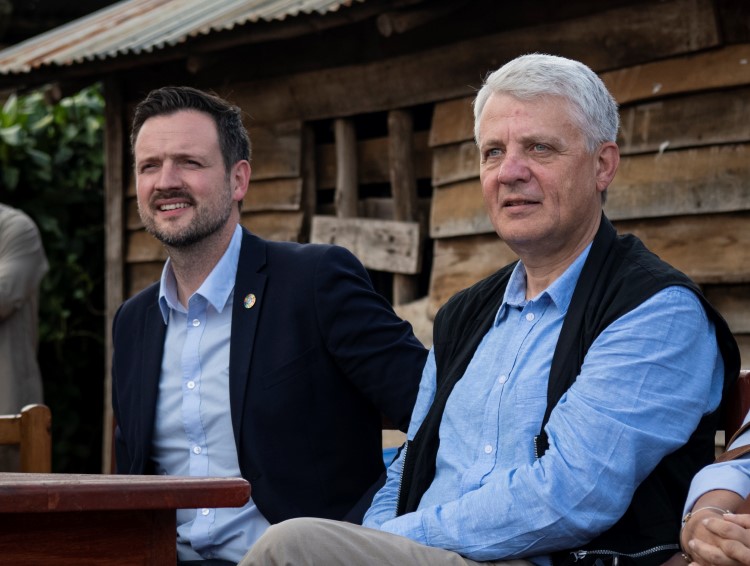
Norway, together with South Africa, has been given a leading role in Access to COVID-19 Tools (ACT) Accelerator, a promising global collaboration to accelerate development, production and fair access to COVID-19 tests, treatments, and vaccines. - Norway's task is to raise collective answers to the pandemic that are fair, and do not reinforce the growing inequality in the world, say some of Norway's leading emergency aid and development organizations.

Norwegian Church Aid, Save the Children, Red Cross, Norwegian Refugee Council, Norwegian People’s Aid and Doctors without Borders have clear expectations for Norway's new leadership role in the fight against the pandemic:
-Such leadership is a recognition of the role Norway has played in the field of vaccines, and in global health in general, for several years. It places a great responsibility on Norway to also show leadership by taking the lead and as soon as possible fulfilling stated intentions for full Norwegian participation in the Covax collaboration. Much remains to be done before a solidarity-based distribution of vaccines is in place, the organizations say.
Many of the world's international health organizations have joined forces with this collaboration to create a powerful global solution that will ensure fairness in the access and distribution of tests, vaccines, and treatments worldwide.
-This is a demanding task. Strong national and commercial interests are emerging, threatening to undermine global cooperation. Norway's task is to raise collective answers to the pandemic, which is one of the biggest crises the world has ever faced. To ensure a solidary distribution of vaccines and health care, openness and participation from the population is needed in all countries, the organizations say.
The organizations are expecting:
Photo: Secretary General of Norwegian Church Aid, Dagfinn Høybråten together with Development Minister Dag Inge Ulstein in the village of Bushumba outside Bukavu in Congo (DRC).
Photo: Håvard Bjelland / Norwegian Church Aid.
Published: